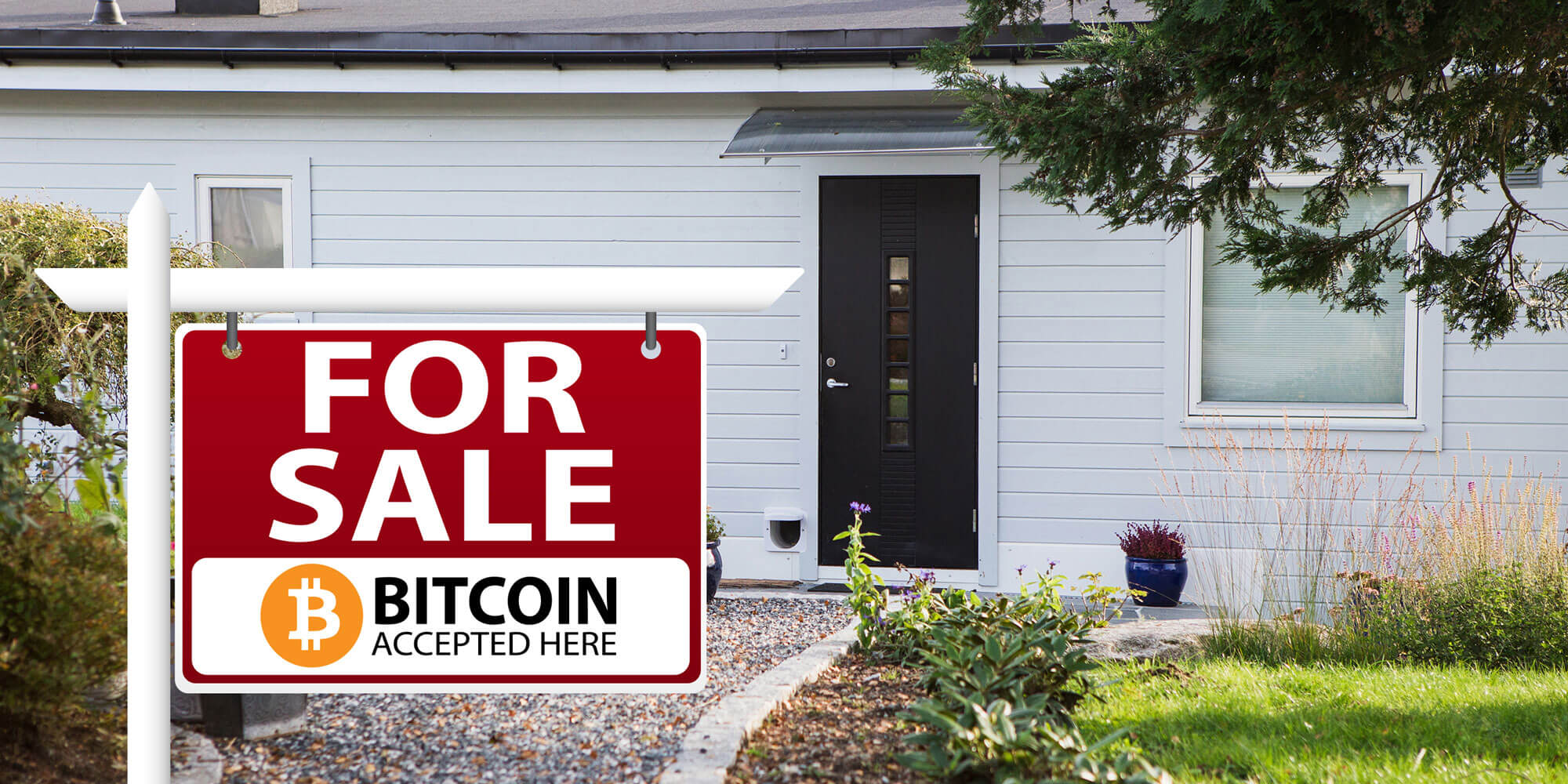Advertisement
Back in 2010, Laszlo Hanyecz paid 10,000 bitcoins – worth about $446 million (R6.207 million) at current prices – for two pizzas. It’s thought to be the first commercial cryptocurrency transaction.

Many organisations are embracing cryptocurrency as a form of payment nowadays, but how far away are South Africa’s banks from accepting them as a deposit for a house against a home loan?
Are bitcoins legal tender in South Africa?
Fast-forward to 2021 and Hanyecz has more choice than just a paying for a pizza with his bitcoin. Cryptocurrencies have become mainstream, with Coca-Cola (via online assets platform, Centrapay), Starbucks (America – through an app), Burger King (UK), KFC (Canada) and, until recently, Tesla (to name but a few) accepting them as payment for goods and services.
Advertisement
In South Africa, a range of products from IT equipment to holiday accommodation, vape products, courses, eco-friendly bags and food can be bought with bitcoin from companies like Bidorbuy.co.za, Expedia, House of Sacks, VapeClub and Zasstra.com.
While major South African retail banks are constantly telling consumers how they’re ‘engaging digitally’, they’re unfortunately not close to accepting bitcoin.
When approached for comment, Nedbank rejected the idea outright. A spokesperson said: ‘Nedbank does not comment on cryptocurrencies as they are not legal tender as per South African regulations.
‘The South African Reserve Bank has established a Fintech Unit to, inter alia, review the approach to policy and regulation of crypto assets. However, until such time as a regulatory framework is put in place, crypto assets are not considered legal tender in the Republic of South Africa and hence any merchant or beneficiary may refuse crypto assets as a means of payment.’
But there’s been some progress. The Fintech Unit, which was created in 2017, says one of its three focus areas is crypto assets, stable coins and open banking. It means that the wheels are turning – albeit slowly.
So, will banks get in on the act at all in the future? ‘It is more likely that banks will offer their customers the ability to buy/sell crypto through their banking platforms, i.e. offering crypto brokerage services. This will also be dependent on the introduction of regulations,’ says Marius Reitz, general manager of crypto platform Luno.
Bitcoin home buying trend
While South African banks won’t accept bitcoin until the Fintech Unit gives the go-ahead, the idea of using cryptocurrency to buy a home is not that far-fetched. The first luxury home purchased with bitcoin was in Colchester in England in December 2017. Millionaires have since been known to put up their luxury pads for sale online and accept bitcoin.
It’s not only individuals that have got in on the act. In the USA, bitcoin-backed loans are available from Silvergate Bank to Fidelity customers with crypto holdings, and luxury real estate broker Magnum Real Estate Group specialises in crypto transactions.
UK-based Luxury Lifestyle Magazine points out that there are a number of estate agents that accept bitcoin in principle or have strategies in place to broker a cryptocurrency transaction. These include Go Homes, The Collective, Agape Properties, Hagan Homes and Mundy’s Estate Agents.
Confidence in bitcoin?
The value of bitcoin has plunged in mid May thanks to entrepreneur and business magnate Elon Musk saying that Tesla would no longer accept it as payment for its products as he was concerned about the environmental damage caused by cryptocurrency mining.
Tesla has invested around $1.5 billion (R20.94 billion) in bitcoin, though, and for now it looks as though the company will be holding onto it. But, understandably, investors are nervous that bitcoin will be rejected as legal tender elsewhere because of its lack of green credentials.
For now, South African cryptocurrency enthusiasts have no choice but to cash in their bitcoin if they want to use it as a deposit or buy a home. There are, however, tax implications for conducting such transactions, so it’s important that investors seek professional tax advice to ensure that they’re on the right side of the law.



